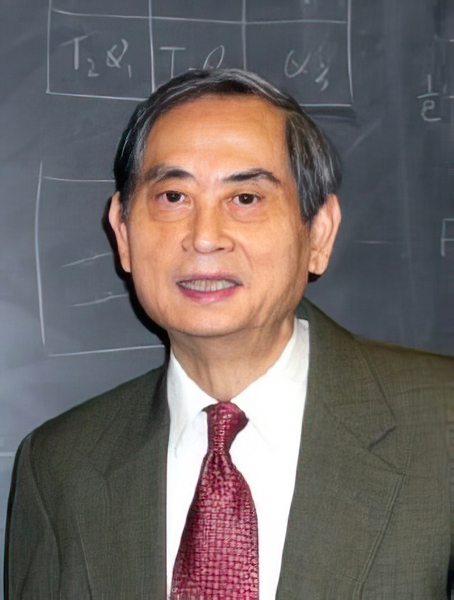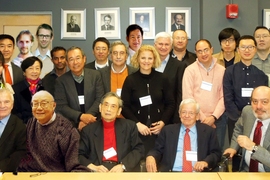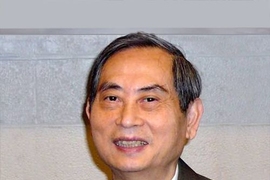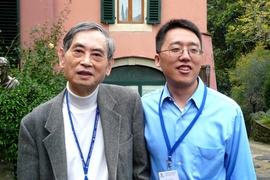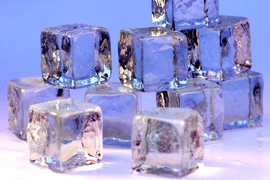Sow-Hsin Chen, emeritus professor of nuclear science and engineering (NSE) at MIT, died peacefully on June 26 in West Newton, Massachusetts. He was 86.
Born in pre-World War II Taiwan in the small rural town of Puzi (in Chiayi County), Chen excelled academically, receiving a BS in physics from National Taiwan University in 1956 and an MS in nuclear science from National Tsing Hua University in its first graduating class in 1958. A highly competitive International Atomic Energy Agency fellowship brought Chen to the University of Michigan, where he earned a second MS in nuclear science in 1962. Two years later, he received his PhD in physics from McMaster University, working with professor and Nobel laureate Bertram N. Brockhouse, who pioneered the development of neutron scattering and spectroscopy for studying condensed matter.
Chen joined MIT in 1968 as an assistant professor in the Department Nuclear Engineering and became full professor in 1974. He was a devoted teacher and mentor to over 50 PhD students and postdocs, many of whom are in leadership roles in academia, government, and industry around the world. For his scientific achievement in research and teaching, Chen was recognized with the Alexander von Humboldt Senior Distinguished U.S. Scientist Award (Germany) in 1987.
Over the span of his 50-year career, Chen was instrumental in advancing the understanding of the dynamical properties of supercooled and interfacial water, and the development of new methods for data analysis. His pioneering experiments on the structure and mutual interactions of self-assembled systems such as micelles, microemulsions, and protein-surfactant complexes in solution have left an enduring impact on the field.
Chen’s innovative and novel contributions, employing small-angle neutron and X-ray scattering in fundamental studies of soft condensed-matter physics, established him as a distinguished scientist and expert in the international community. Fort these contributions he was awarded the Clifford G. Shull Prize in 2008 — the highest award of the Neutron Scattering Society of America — and the Guinier Prize in 2015 by the International Union of Crystallography for lifetime achievement and contribution to the field of small angle neutron scattering.
Chen’s collaborations with Oak Ridge, Argonne, and Brookhaven National Laboratories, as well as the National Institute of Standards and Technologies, contributed to the Department of Energy’s bold “grand challenge,” an initiative to focus research in five related areas to allow unprecedented control over the microscopic world. His work is memorialized in over 520 papers in leading peer-reviewed journals, 20 co-authored books, and the Sow-Hsin Chen Fellowship in Neutron Sciences.
In addition to his numerous awards, Chen was also inducted in 2006 into the Academia Sinica, Taiwan’s preeminent academic research institution, which reports directly to and advises the president. Chen was also awarded two honorary degrees in recognition of his global contributions to the field — honorary doctor of science, honoris causa, from McMaster University in Ontario, Canada and dottore di ricerca “honoris causa” in fisica (honorary doctorate in physics) from University of Messina in Italy.
Chen was tireless in his research. When diagnosed with an incurable genetic Parkinson's-like disease, he noted the realization that he “was racing against time.” Thanks to valued collaborations with several European and Asian colleagues, he describes this phase of his professional life as “the most productive period of my scientific achievements.” Chen delighted holding intense discussions and offering suggestions about how his, and his former students’, experimental data could be built upon for further advancements. He is fondly remembered for his lifelong passion for science, good sense of humor, and love of fine food and wine.
On the occasion of Chen’s 80th birthday, the collaborators and students who Chen so cherished joined to celebrate his accomplishments with a one-day workshop on “Topics in Soft Condensed Matter.” “It is a great honor to have studied with Professor Chen as an MIT student,” says Yun Liu, a former graduate student and current University of Delaware professor. “The breadth and depth of his scientific contribution to the neutron scattering field and soft condensed matter physics is tremendous and far-reaching.”
"Sow-Hsin has always 'embodied the core of the department’, as many NSE faculty will attest," says Professor Anne White, head of NSE. "He will be remembered as much for his towering scholarly stature and transformative research as for his contributions to mentorship of students and junior faculty. He was always supportive of junior faculty, and passionate about the future strategic directions for the department. I am personally very grateful for his insightful conversations and correspondence since becoming department head, and will always remember his support and encouragement."
Chen’s enthusiasm for his work was second only to his love of family. He is survived by his wife of 60 years, Ching-Chih, and their three children and their families: Anne and her husband, Don, of Lexington, Massachusetts; Catherine and her husband, Edward, of Needham, Massachusetts; and John and his wife, Yi-Ling Jennifer Wang, of Menlo Park, California. He is also survived by his five grandchildren — Emily, Jason, Christopher, Melanie, and Heidi.
Donations in Chen’s memory can be made to the Sow-Hsin Chen Fellowship for Neutron Sciences Fund at MIT, and the Sow-Hsin Chen Distinguished Lectureship on Neutron Science and Technology of the National Tsing Hua University.
NSE will hold a memorial service at a later date, when it is possible to gather in person on the MIT campus.
